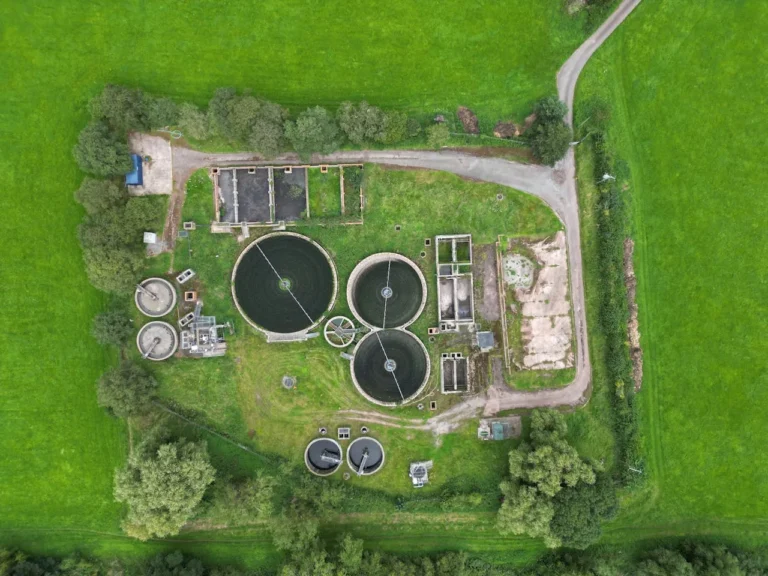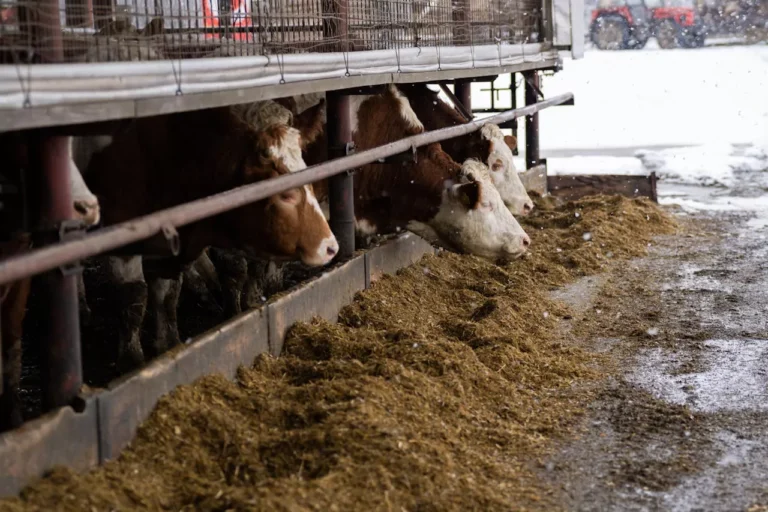
Charoen Pokphand Foods Public Company Limited (CP Foods) has taken a significant step in sustainability by partnering with Bangchak Corporation to convert used cooking oil from its quick-service restaurant (QSR) operations into Sustainable Aviation Fuel (SAF). This initiative aligns with CP Foods’ broader commitment to waste-to-value innovations, including alternative energy solutions that contribute to environmental conservation and carbon reduction. By repurposing used cooking oil from popular QSR chains like Five Star and Chester’s, CP Foods is making a tangible impact on Thailand’s sustainability efforts.
Following the successful launch of its collaboration with Bangchak in 2024, CP Foods is now expanding the initiative by joining forces with the Ministry of Industry and key private sector players. This expansion aims to establish a comprehensive supply chain network for used cooking oil, reinforcing Thailand’s ambition to achieve net-zero emissions. By bringing together multiple stakeholders, the initiative creates a robust ecosystem that facilitates the efficient collection and transformation of waste oil into SAF, which is considered a cleaner and more sustainable alternative to conventional jet fuel.
To formalize their commitment, CP Foods and its partners, including Bangchak, have signed a Memorandum of Understanding (MoU) with the Ministry of Industry through the Department of Industrial Promotion. This agreement underscores the collective dedication of government bodies and private enterprises to accelerating the production of SAF, promoting clean energy, and reducing the aviation sector’s environmental footprint. Given the airline industry’s significant contribution to global carbon emissions, increasing SAF production is seen as a critical component of Thailand’s broader environmental strategy.
Strategic Importance of SAF in Reducing Carbon Emissions
SAF has been recognized globally as a key solution in reducing aviation-related carbon emissions. Unlike traditional fossil-based jet fuel, SAF is produced from renewable sources, including used cooking oil, biomass, and other waste products. By utilizing SAF, airlines can significantly lower their carbon footprint while maintaining operational efficiency. CP Foods’ initiative not only contributes to the production of sustainable fuel but also helps minimize waste by ensuring that used cooking oil is repurposed instead of discarded improperly.
Kobboon Srichai, Head of Corporate Affairs & Investor Relations at CP Foods, emphasized the importance of this initiative in the company’s sustainability roadmap. “Our partnership with Bangchak in 2024 was a major step forward in our journey toward sustainability. Today’s collaboration further strengthens our commitment to maximizing resource efficiency while setting new sustainability benchmarks for Thailand’s food industry. By transforming waste into valuable resources, we contribute to a circular economy that benefits businesses, communities, and the environment.”
She further elaborated on CP Foods’ guiding principle of ‘Sustainovation’—a concept that integrates sustainability with innovation. “This initiative reflects our dedication to ‘Sustainovation’—ensuring that we merge cutting-edge technology with sustainable practices to enhance food security while creating products that benefit both people and the planet.”

Food Safety and Resource Efficiency in the Supply Chain
One of the key aspects of CP Foods’ approach is its stringent food safety and quality control measures. Anarkawee Chooratn, Head of Marketing at CP Foods, highlighted that the company limits oil usage to just two rounds in its production process to uphold the highest food safety standards. “We are committed to maintaining food quality at every step of the process. By restricting the reuse of cooking oil, we not only enhance the quality of our products but also ensure a steady and reliable supply of used cooking oil that can be repurposed into clean energy such as SAF.”
This strict quality control not only supports consumer health and safety but also reinforces the company’s sustainability goals. The consistent supply of used cooking oil ensures that the SAF production pipeline remains uninterrupted, making it a viable long-term solution for reducing carbon emissions.
Collaboration Across Industries to Drive Sustainability
CP Foods is not alone in its sustainability mission. Other MoU signatories include leading corporations such as Central Group, Thai Beverage Public Company Limited, Thai President Foods Public Company Limited, and the Thai Food Processors’ Association. These organizations are collectively committed to advancing sustainable solutions that contribute to a greener future. Their participation in this initiative reflects a broader trend in which businesses across different sectors are recognizing the importance of environmental stewardship and the need for cross-industry collaboration.
By pooling resources and expertise, these companies are helping to scale up the SAF production process, ensuring that Thailand remains at the forefront of sustainable innovation. Their collective efforts also send a strong message to other businesses and stakeholders, encouraging them to adopt similar sustainability-driven initiatives.
The Role of Government and Policy Support
The Thai government has been actively promoting sustainability initiatives as part of its long-term environmental goals. The Ministry of Industry, through the Department of Industrial Promotion, has played a crucial role in facilitating partnerships between the private sector and policymakers. By signing the MoU, the government has signaled its commitment to supporting SAF development and integrating clean energy solutions into national policies.
Government incentives, regulatory frameworks, and financial support will be instrumental in ensuring the scalability of SAF production. By aligning policy measures with industry-led initiatives, Thailand can position itself as a regional leader in sustainable aviation fuel, attracting further investment and innovation in the sector.




